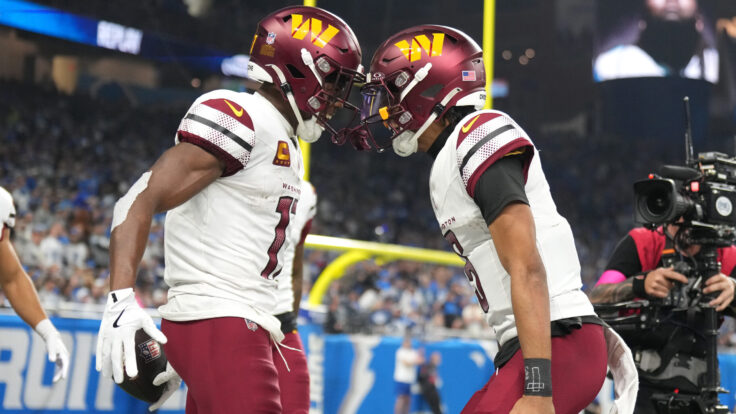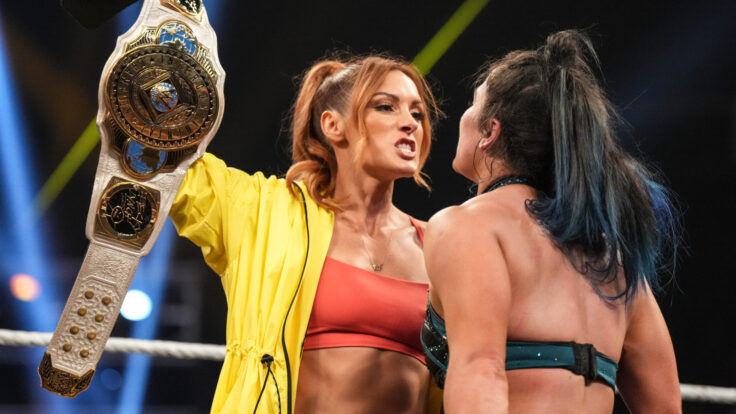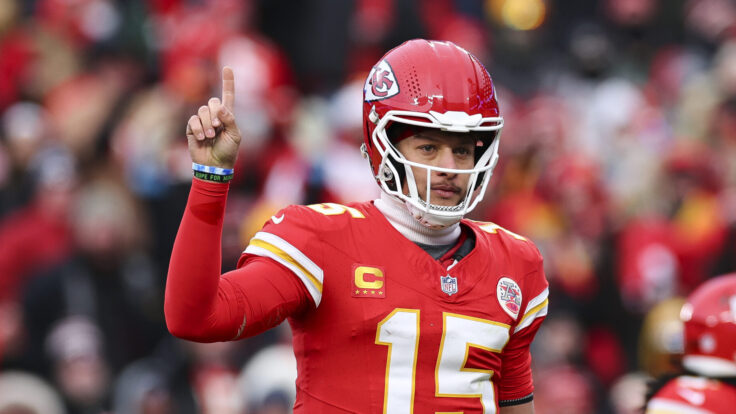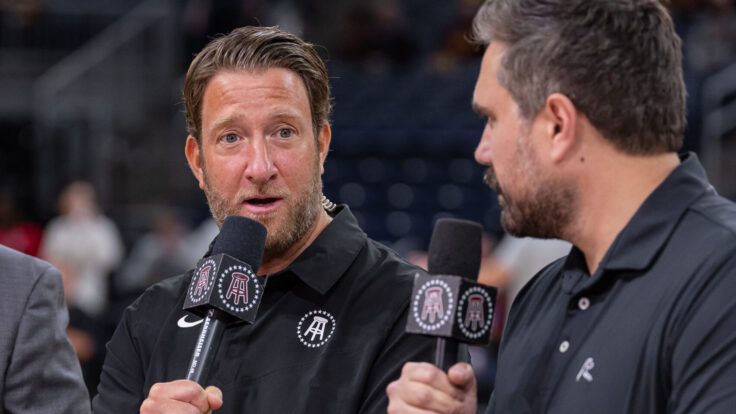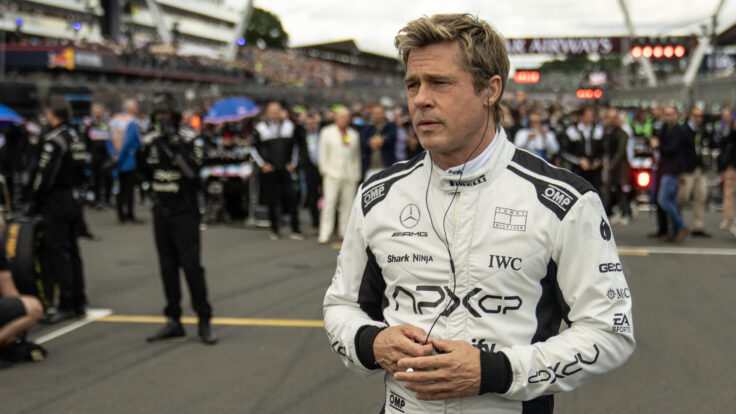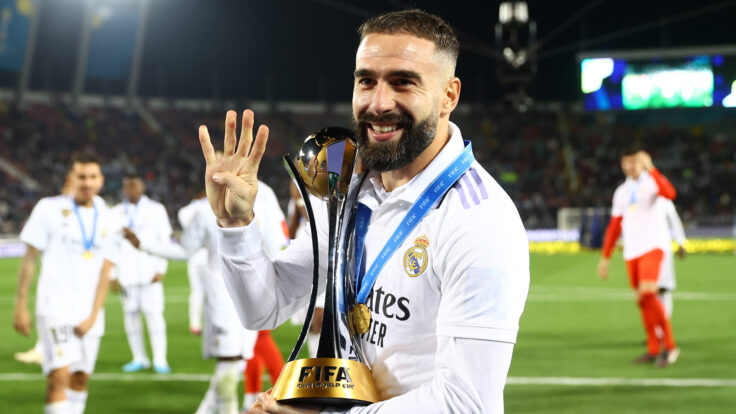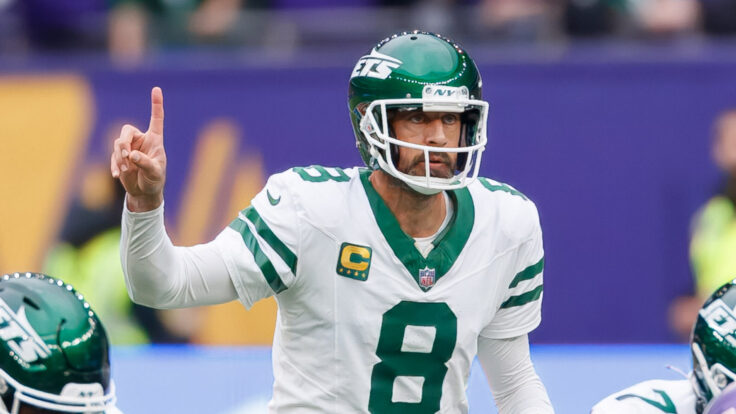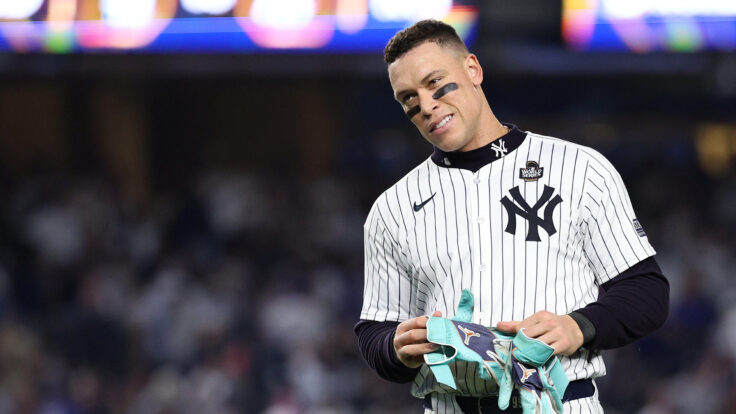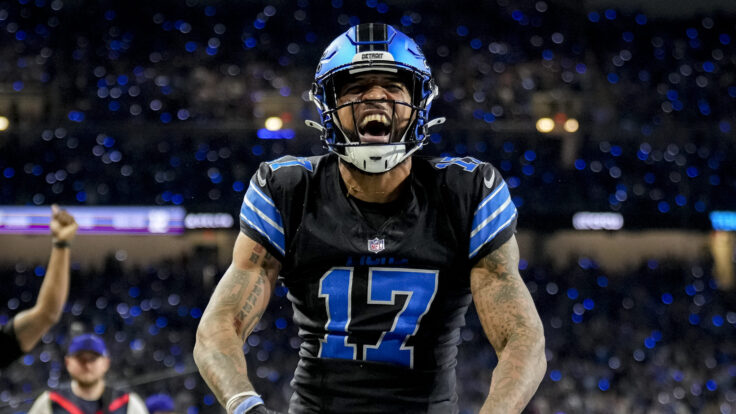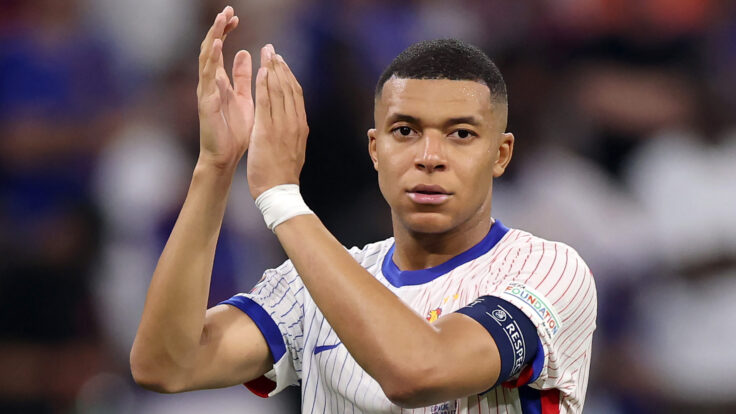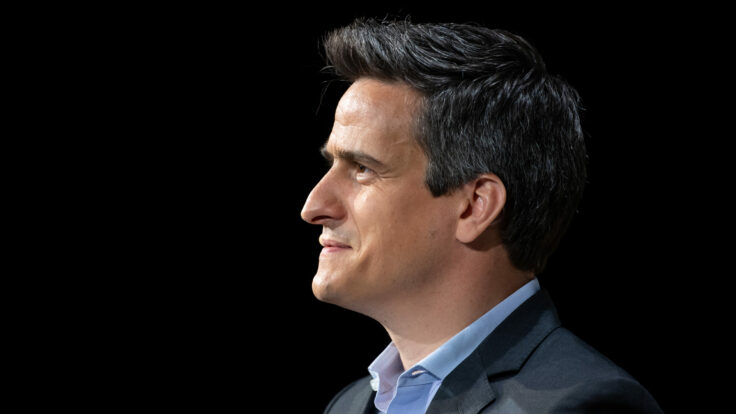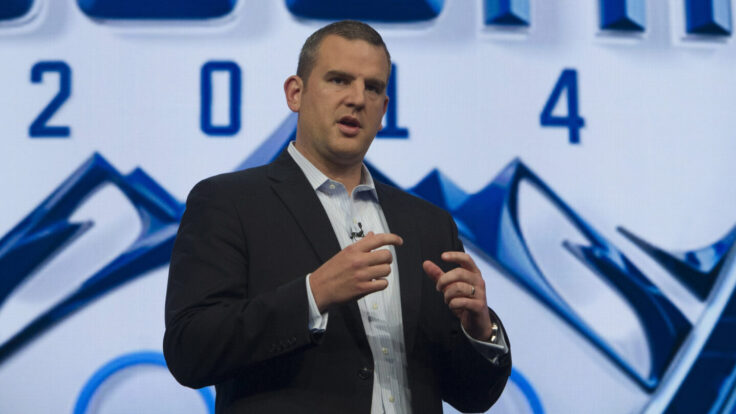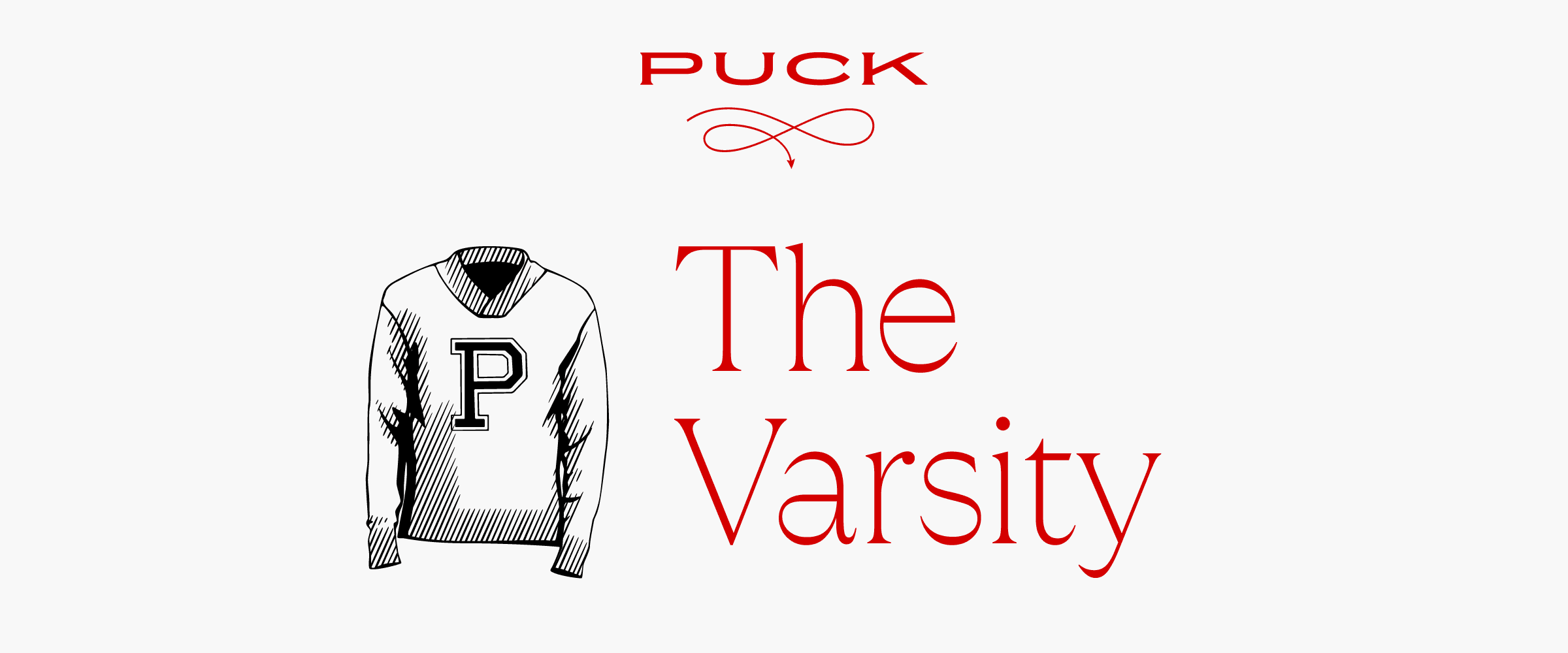 |
|
Welcome back to The Varsity, my twice-weekly private email on all the boardroom stars in sports, and all their ulterior motives. Happy Bobby Bonilla Day to all who celebrate.
Bonilla, as New Yorkers remember all too well, hasn’t played for the Mets since 1999. But as part of the buyout with the former underperforming outfielder, negotiated in 2000, the once-cash-strapped Mets agreed to pay Bonilla about $1.2 million per year through 2035. Every July 1, to be precise, the team cuts Bonilla a check for $1,193,248.20.
Since we’re now halfway through 2024, today I’m revisiting the biggest sports media stories from the first six months of the year. There have been plenty of glide paths and cliff paths, and rights deals, which promise to shape the sports media industry for the next several years. Let me know if you agree with my selections by replying to this email.
🚨 Programming note: On July 10 in D.C., my partner and pal Peter Hamby will moderate a special panel on voter trends heading into the 2024 election, focusing on the critical importance of older voters, with additional insights from Puck’s exclusive polling partnership with Echelon Insights. He’ll be joined by Kristen Soltis Anderson from Echelon, Margie Omero from GBAO, and Nancy LeaMond from the AARP. Puck subscribers can sign up here. Email Fritz@puck.news with any questions.
A special July Fourth week reminder to stop forwarding this email to your freeloading colleagues who would otherwise write this off on their tax returns or expense it on their corporate Amex. The next person caught forwarding my work will be forced to join Marchand and his annual Revolutionary War reenactment troupe.
Also! If you've filled out our recent survey, thank you. We'd now also like to invite all our subscribers to participate in a new study on how we package all the great content on Puck for different offerings. Click here to improve your golf swing.
Let’s get to it…
|
| The Starting Five: 1H24 Storyline Edition |
|
- NBA rights bonanza—still nothing to see here, folks: I called around this morning (again!) and found that there’s still no news to report on this front. The NBA is working out deals with Disney, NBCUniversal, and Amazon, as everyone knows. And Warner Bros. Discovery is still on the outside looking in, as everyone also knows. David Zaslav is waiting for these deals to be finalized to see whether he can use its matching rights, which almost everyone knows will be for naught.
Zaz’s other deals: As loyal Varsity readers know, WBD has been the most active mediaco in the sports space this year, cutting deals for the College Football Playoff, the French Open and, as announced today, Mountain West conference football games. WBD officials insist these deals are not intended to compensate for losing NBA rights, and instead send a message that Zaz is serious about sports. Perhaps… but WBD, with its $39 billion in debt, is more likely to afford these deals if it’s not on the hook for nearly $2 billion per year in NBA rights anymore.
Anyway, the Mountain West deal is for only 14 games in the first year, and the conference—home to Nevada, UNLV, Hawaii, and Boise State—isn’t Power 4. But the deal adds some synergy to WBD’s CFP deal (who knows, maybe Colorado State makes a surprising run), and positions the company to pick up the Mountain West’s full rights when they come up in a couple years. Most importantly, perhaps, it helps fortify TruTV in the cable bundle. This may not have been the deal Zaz initially wanted, but it’s more proof that he’s a very realistic operator.
- Caitlinsanity in the WNBA: Back in 2023, SBJ’s Abe Madkour and I spent a couple of days meeting with investment bankers and venture capitalists in New York. The leitmotif of the meetings, to our surprise, was rampant activity in the women’s sports business. During the past six months, we’ve seen an acceleration of the trend manifested in everything from the valuations of NWSL teams to the nearly 19 million people who tuned in to watch the NCAA women’s basketball championship game between Dawn Staley’s South Carolina and Caitlin Clark’s Iowa—4 million more than watched UConn defeat Purdue in the men’s final. Clark brought the momentum to the WNBA, where the TV audience has tripled from last year. As commissioner Cathy Engelbert told me recently, the future growth of the league is about “continued storytelling. It’s about marketing. It’s about building rivalries.”
- Netflix and sports: For years, league commissioners have quietly and not-so-quietly fantasized about getting Netflix interested in their live broadcast rights. And for years, Netflix executives rambled off platitudes about wanting to own their content, or not needing to be in the live business. But after the success of sports-adjacent content (Quarterback, Full Swing, etcetera) and the streamer’s foray into the advertising business, this was the year that Netflix bit. In January, the company signed a 10-year, $5 billion deal for WWE’s flagship show Raw. Four months later, Netflix paid around $150 million for two Christmas Day NFL games, representing another test of live programming. The company was also initially interested in an NBA package.
Sports leagues hope these tests will get Netflix hooked on the popularity and passion behind live sports, and allow their commercial teams to scale their advertising business. After all, unlike the broadcast networks, Netflix is a truly international platform—an increasingly important attribute as all the leagues look to grow their global footprint. The next clue about Netflix’s true intentions should come this fall, when UFC’s media rights are up. Those negotiations are being handled by TKO, the same company that sold WWE’s Raw rights to Netflix.
- Norby’s defenestration: Once upon a time, ESPN banished Bill Simmons to Siberia for his criticism of Roger Goodell. The network also suspended Tony Kornheiser for two weeks for his boneheaded comments about Hannah Storm’s outfits. Now, the talent rule the roost in Bristol. This was plainly evident when Pat McAfee called Norby Williamson a “rat” on-air, or when he persistently allowed The Athletic’s Shams Charania to take potshots at Adrian Wojnarowski—a made man in Bristol, if there ever was one—on his show.
As ESPN prepares to take its flagship channels direct-to-consumer, it’s betting that elite on-air talent, no matter how outspoken, will differentiate its offering. McAfee can help expand ESPN’s brand to the younger audiences who don’t subscribe to the cable bundle. Stephen A. Smith, who started publicly renegotiating his contract on various podcasts and appearances, is hoping to extract a $25 million-a-year deal for his ratings prowess. One wonders if ESPN’s future success is correlated to just how much chairman Jimmy Pitaro is willing to put up with.
- It’s the end of R.S.N.s as we know it: Regardless of what happens to Diamond Sports Group, which is winding its way through bankruptcy proceedings, sports leagues have moved on from this once-lucrative business. Sure, there will still be local cable channels that carry the hometown team’s games. But those games won’t be exclusive at some point in the near future. Teams will sell the live game rights to local broadcasters and streamers, which will obviate the need for these entities.
Diamond, which just had its R.S.N.s dropped from Optimum, isn’t the only poster child of the R.S.N. problems. Warner Bros. Discovery got out of the R.S.N. business late last year. Comcast has forced independent R.S.N.s like Root Sports and MASN to agree to its cliff path strategy and go straight to a digital tier, resulting in a significant and immediate revenue reduction. NESN is next up for Comcast; I’m told its deal expires at the end of the year. This whole storyline is just so depressing…
|
| And now, for the main event… |
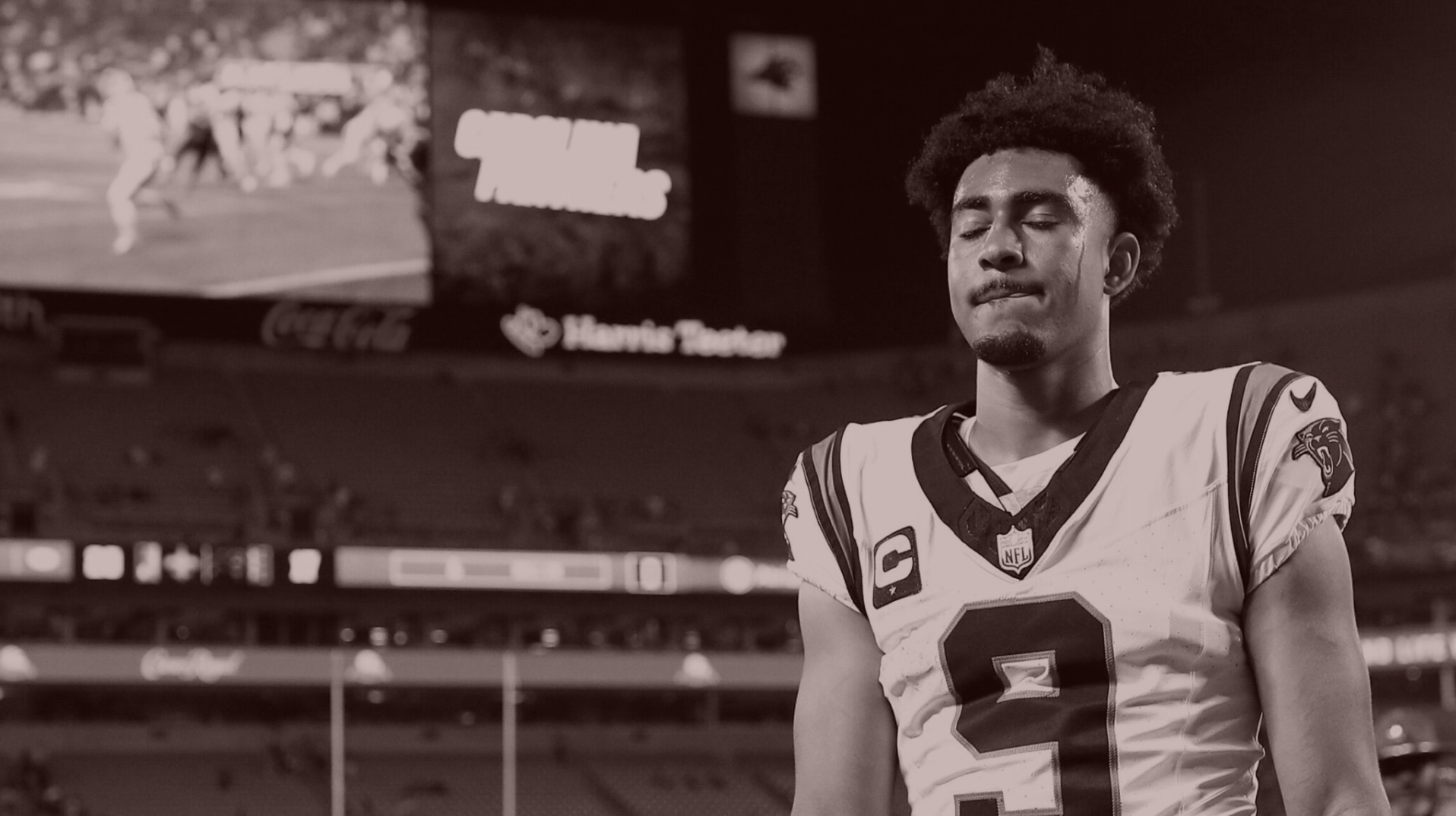 |
| NFL Sunday Ticket Aftershocks |
| Alas, the league’s $15 billion antitrust bill is just the beginning for a sports media rights reckoning a decade in the making. |
|
|
|
| Most of the headlines surrounding the shocking verdict in the NFL Sunday Ticket federal antitrust class-action lawsuit have focused on the league’s $15 billion penalty. In reality, of course, that’s just the beginning. Sure, the league has already signaled it will appeal, which means that—barring a settlement—this case will likely be stuck in legal limbo for years. But last week’s verdict is also likely to have far-reaching effects and aftershocks, not just for the NFL, but for every league that has cut a media deal. I phoned my colleague Eriq Gardner, Puck’s resident legal expert, to discuss the long-term implications for the NFL, MLB, NCAA, YouTube TV, DirecTV, and much more. |
|
|
| John Ourand: Let’s start with the litigation. Once lawyers see how this case went, I’m betting that a ton of new class-action lawsuits are about to be filed.
Eriq Gardner: That’s one of the more underappreciated aspects of the verdict. I think back to when I broke the news about this very lawsuit a decade ago. To be honest, even though I saw its potential significance, and how it stemmed from a 2010 Supreme Court ruling that NFL teams are capable of conspiring on licensing deals, I underestimated it. I’d never imagined we’d still be talking about it in 2024. I figured it’d be settled for some nominal amount, much like older class actions against MLB and the NHL. I grossly miscalculated the NFL’s willingness to take a $20 billion gamble that could jeopardize its business model. Roger Goodell’s decision not to settle has unwittingly mobilized a legion of class-action lawyers, who will sense vulnerability and opportunity. Already, litigation over NFL merchandising looms. And let’s not overlook how the NFL isn’t the only league in the crosshairs. This case is still being underestimated.
John: I can see the NBA’s League Pass and MLB’s Extra Innings out-of-market packages being subject to this kind of class-action lawsuit. I mean, I know League Pass allows customers to buy individual games or specific teams. But broadly speaking, what’s the difference between Sunday Ticket and League Pass? They are both out-of-market program packages where the league pools the teams’ rights and sells to distributors. Also, wouldn’t “aggrieved” fans have some recourse if the NBA or MLB put their favorite team’s playoff games on their league-owned channels? I see so many potential minefields.
Eriq: You know, MLB is a fascinating situation because, technically, the league still has an antitrust exemption, although there are certain Supreme Court justices who are dying to take a whack at that. It’s virtually certain we’ll see similar lawsuits. There’s likely a cadre of class-action lawyers out there scouting for “aggrieved” fans to represent. I’m using the term “aggrieved” loosely, because whether their grievances are genuine or not may not matter.
John: One aspect of the verdict I find interesting: if Sunday Ticket is not protected under the Sports Broadcasting Act, why would the NFL’s Thursday Night Football deal with Amazon, or its Monday Night Football deal with ESPN, be protected? The act only covers broadcast deals because it predates cable; there’s no explicit antitrust protection for pooling rights for paid distribution. SBJ’s Ben Fischer quoted the NFL’s former in-house counsel Jodi Balsam saying, “To me, the more dire consequence is if the court said you could no longer pool your media rights outside what the Sports Broadcasting Act allows.”
Eriq: The breadth of the Sports Broadcasting Act is likely to be a central issue if the Sunday Ticket case reaches the Supreme Court. For now, we’re navigating uncharted waters. The act was passed in 1961 after some significant antitrust rulings and heavy lobbying that included, get this, adding the New Orleans Saints to the league to win the votes of the Louisiana delegation. The act was designed to afford leagues a degree of latitude. But as sports broadcasting has evolved beyond traditional platforms, the potential lack of antitrust immunity raises questions about league-wide licensing and whether teams can independently broker their own deals. While there’s a focus now on the potential $14 billion judgment, with fans calculating the size of the checks they might be getting in the mail, this misses the broader, transformative implications. We are at the start of something, not nearing its conclusion.
John: I’m interested in the idea that the tentacles from this verdict can spread beyond the NFL and potentially affect the way leagues sell rights to mediacos. Let’s use my beloved Maryland Terrapins as an example. Does the Big Ten have the ability to pool the media rights from its colleges in deals for Peacock or the Big Ten Network—two platforms that operate outside that Sports Broadcasting Act?
Eriq: As a Northwestern alum, I’m equally vested in this discussion. Funny enough, despite the antitrust heat college sports have faced, they might be better positioned to withstand scrutiny over television licensing. The NCAA swallowed its hard pill back in the 1980s when the Supreme Court decided NCAA v. Board of Regents of the University of Oklahoma, which thwarted an attempt to control the television market. As a result, we see more licensing happening in the college sports arena. Each division brokers its own licensing deals. At the Sunday Ticket trial, it’s no accident that the plaintiffs highlighted the college sports model as a viable alternative to league-wide television licensing, suggesting it could offer a blueprint. |
|
|
| John: Let’s get to the money. The NFL makes over $20 billion in annual revenue from media rights, sponsorships, ticket sales, etcetera. So while the jury’s $4.8 billion award—a number that triples to $14.4 billion per antitrust law—is a big number, it seems the NFL could easily afford to pay it.
Eriq: I’m not sure I agree. While it’s true that many NFL owners, like David Tepper and Josh Harris, are extraordinarily wealthy, not all share this financial clout. There are several owners who inherited their teams or have been part of the league for decades (i.e., John Mara, Virginia Halas McCaskey, Art Rooney), and there’s a significant disparity in wealth in NFL ownership ranks, probably more so than in other leagues.
There’s a crucial aspect being overlooked: Everyone’s talking about how the case will meander through the appellate system. But the NFL will probably need to post a substantial bond—as much as $14 billion—to halt collection efforts pending the appeal. How is this cash raised? Is the burden shared equally among owners? What impact would this have on the NFL’s revenue sharing with players, or on next year’s salary cap? I seriously have no idea, but these are huge issues.
John: What about YouTube TV, which signed a seven-year deal in December 2022 for exclusive access to Sunday Ticket through the 2029-30 season? YouTube is paying an annual average of $2 billion for those rights, which had been with DirecTV for the previous three decades. If this verdict stands, I’d imagine the YouTube’s deal would have to be renegotiated.
Eriq: Maybe so. Beyond the focus on the hefty financial damages, it’s intriguing to consider the potential of injunctive relief that might be requested soon. Also, considering the momentum of this case, I’d be surprised if we don’t see new lawsuits targeting the YouTube TV deal by the end of the week. Remember, the Sunday Ticket case was primarily concerned with the previous DirecTV arrangement, and there’s little to suggest that the legal scrutiny of the current deal with YouTube TV will differ significantly. Buckle up, John! |
|
|
| On Stephen A. Smith’s negotiations: “Does anyone actually watch ESPN for Stephen A. Smith? I just refuse to believe anyone actually tunes in just to see his nonsense. It’s crazy to pay him so much—invest in a bunch of investigative journalists and run a high-quality show examining the real stories of sport, not nonsense celebrities. —Signed, “An immigrant to the USA who is bemused by sports talk shows”
On incivility in From the Cheap Seats: “Wow. A subscriber-on-subscriber throw down in The Varsity! Maybe you should sell naming rights to ‘From the Cheap Seats.’” —A satisfied Varsity subscriber
Everyone’s an editor: “Why do you insist on opening your email with the overused phrase, ‘Happy [fill-in-the-blank] Day to all who celebrate?’ It’s stupid and beneath you, and you should stop it immediately.” —A journalist not having a happy Bobby Bonilla Day |
|
|
| No email Thursday on account of America’s victory over the British. I’ll be back in your inbox next week.
John |
|
|
|
| FOUR STORIES WE’RE TALKING ABOUT |
 |
| Advanced Zazonomics |
| Diving into Wall Street’s biggest stories with Puck’s Jon Kelly. |
| WILLIAM D. COHAN |
|
 |
|
 |
|
 |
| ‘Titanic Level Disaster’ |
| An emergency analysis of Biden’s grim debate performance. |
| JOHN HEILEMANN, PETER HAMBY & DYLAN BYERS |
|
|
|
|
|
 |
|
|
|
Need help? Review our FAQs
page or contact
us for assistance. For brand partnerships, email ads@puck.news.
|
|
You received this email because you signed up to receive emails from Puck, or as part of your Puck account associated with . To stop receiving this newsletter and/or manage all your email preferences, click here.
|
|
Puck is published by Heat Media LLC. 227 W 17th St New York, NY 10011.
|
|
|
|
